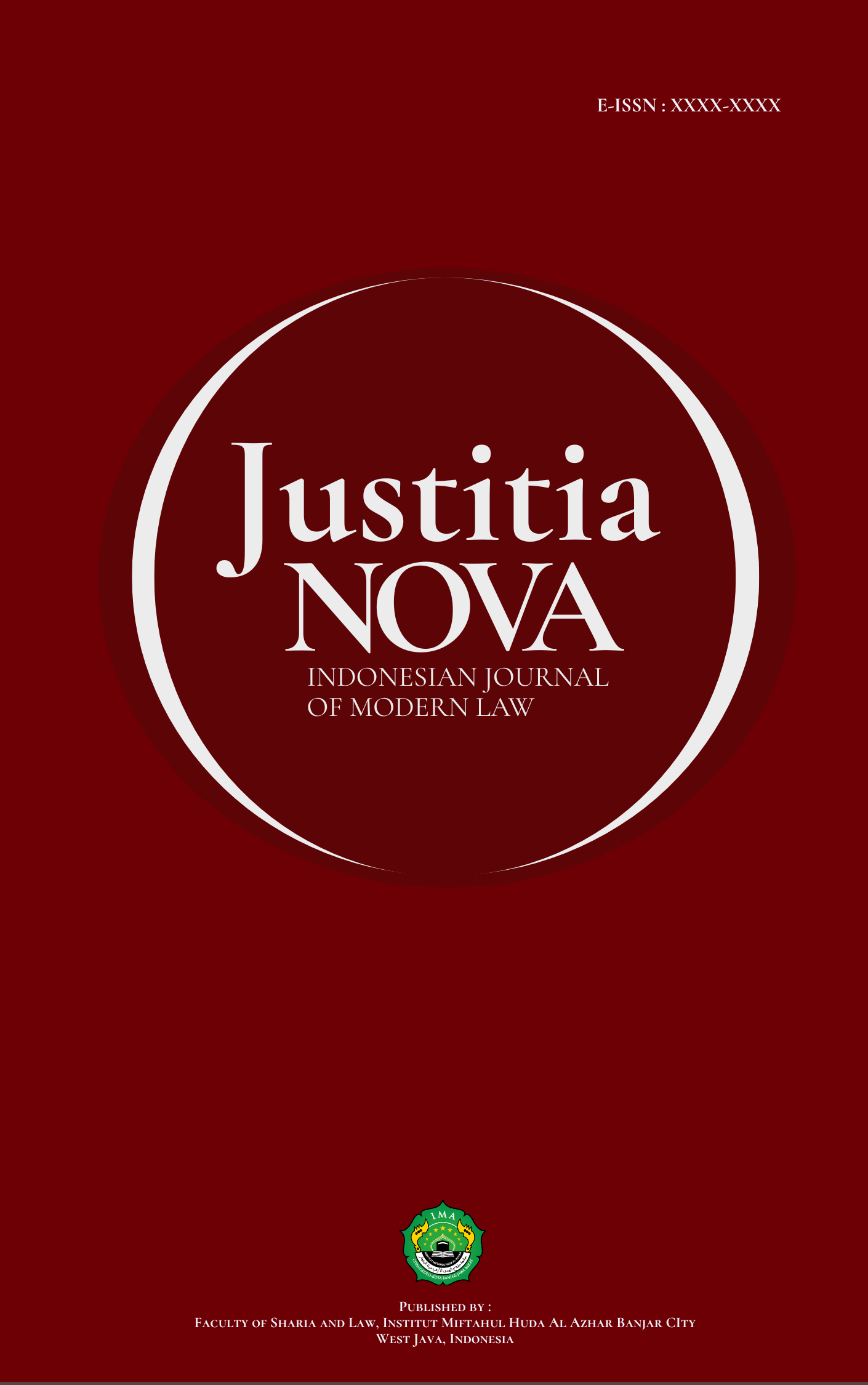Strengthening Rule of Law and Anti-Corruption Efforts for Sustainable Legal Development in Indonesia
Main Article Content
Abstract
Corruption remains a persistent problem undermining governance and rule of law in Indonesia. This study aims to analyze the anti-corruption efforts and strategies embedded in Indonesia’s National Long-Term Development Plan (RPJPN) 2025-2045, focusing on their legal framework and implementation prospects. Using a qualitative approach, the research reviews policy documents, including the RPJPN and related legislation, to identify key legal and institutional measures designed to combat corruption. The RPJPN emphasizes education on anti-corruption values, digitalization of public services to enhance transparency, strengthening internal oversight by government institutions, legal reforms in prosecution and judiciary, as well as asset recovery mechanisms. The findings indicate that while the RPJPN provides a comprehensive legal strategy to prevent and penalize corruption, challenges remain in ensuring effective enforcement and public participation. The study concludes that success depends on integrated cooperation among government agencies, civil society, and the judiciary, supported by clear legal mandates and robust institutional frameworks. This paper contributes to understanding how long-term legal planning can address systemic corruption and improve governance quality in Indonesia.
